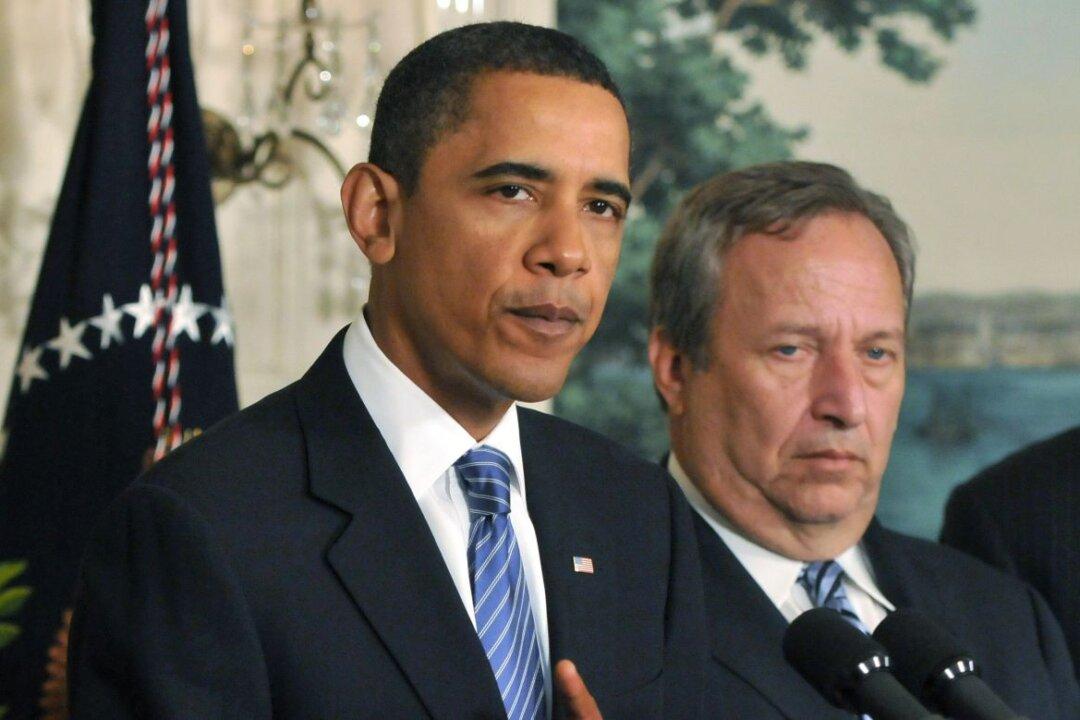Larry Summers, who served as treasury secretary under President Bill Clinton, has said the Federal Reserve failed to anticipate current inflation levels and that price increases can only be arrested by “dislocation” of the economy.
“Frankly, I think in 2021, our central bank lost its way,” Summers said in a July 15 interview with Bloomberg’s “Wall Street Week,” adding that central bankers were more concerned about the environment and social justice than about inflation, which they “confidently dismissed” as transitory.





